
A closed entrance to a ferry is seen in East China's Shanghai, March 28, 2022. (Photo/Xinhua)
Starting from Saturday, people leaving Shanghai must produce a negative nucleic acid test result obtained within 48 hours before departure as well as a negative antigen test result obtained within 24 hours prior to their travels, the municipal government said on Thursday.
The office leading the city's epidemic control efforts issued the notice that residents can purchase antigen test kits at nearby pharmacies and report their self-administered result through the Yiceda mini app on WeChat.
Travelers who receive a negative nucleic acid result in the 24 hours before departure will not have to do an antigen test.
Those who fail to provide the required certifications will not be allowed to leave the city.
The measure was introduced to prevent the current COVID-19 outbreak from spreading to other cities from Shanghai, which on Thursday reported 4,502 new infections, with 4,144 cases being asymptomatic, according to the municipal health commission.
Shanghai on Friday commenced the second phase of its lockdown and began testing the 16 million people living in Puxi, the area west of the Huangpu River, for COVID-19.
Several districts in Puxi have been taking measures to help residents tide through this period by setting up hotlines, keeping delivery services open for community purchases, and distributing food supplies to households.
The two rounds of nucleic acid tests for the 9 million residents living east of the Huangpu River was completed on Friday and the city government announced that areas would be classified under the following categories based on the testing results: locked down, controlled and precautionary.
Wu Jinglei, director of the municipal health commission, said at a news conference on Friday that residential buildings found to have infected individuals will be locked down for 14 days, countdown starting on March 28. Residents living in other buildings within the compound will be subjected to a seven-day quarantine, followed by another seven days of health monitoring.
Residential compounds with no infected individuals but are located in sub-districts that have new cases will be classified as "controlled areas" and subjected to closed loop management for seven days, but one person from each household would be allowed to fetch food deliveries at a designated spot within the compound.
Those living in places classified as precautionary areas will be required to undergo seven days of health monitoring.









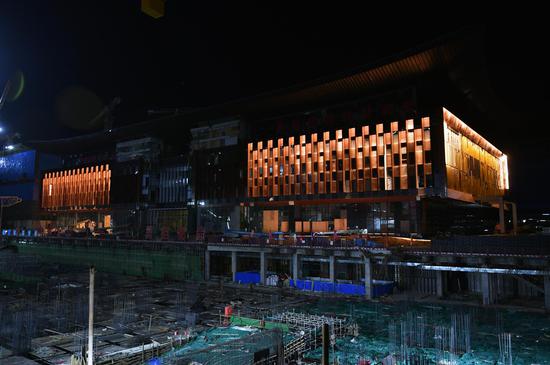
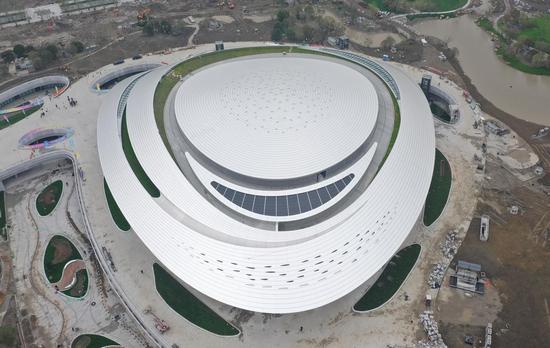


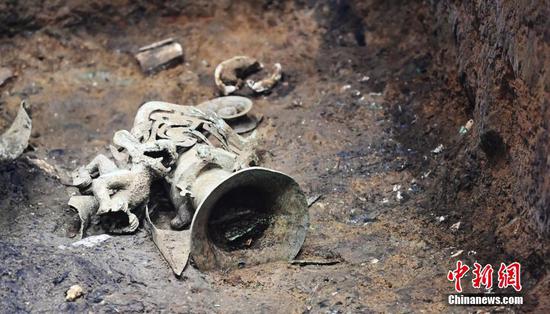
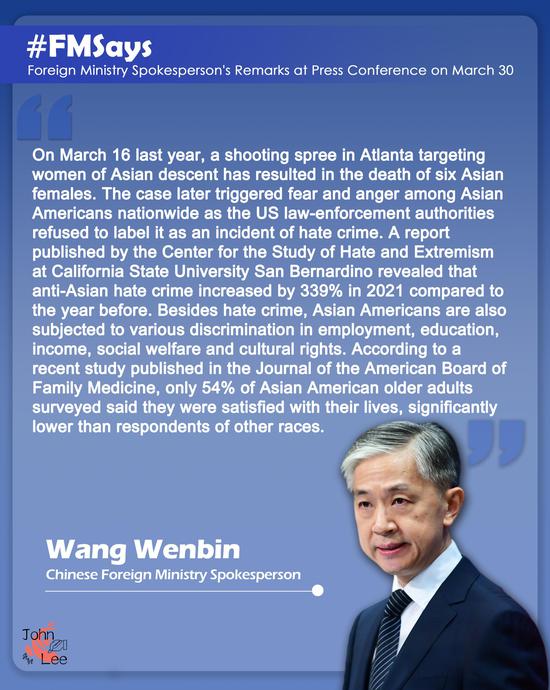
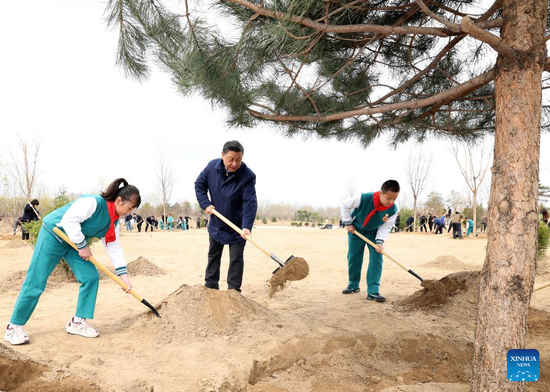
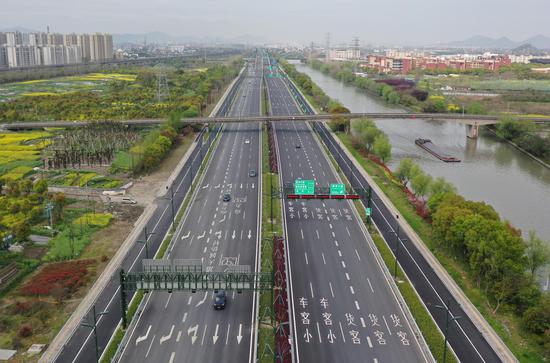


















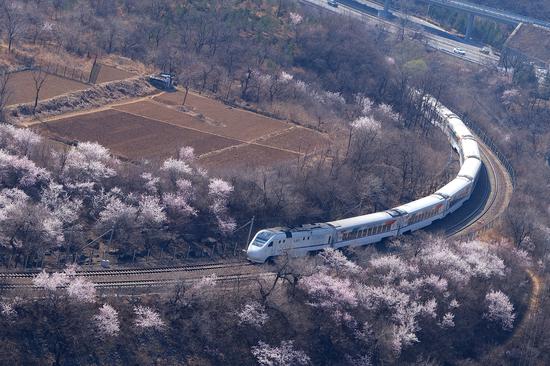
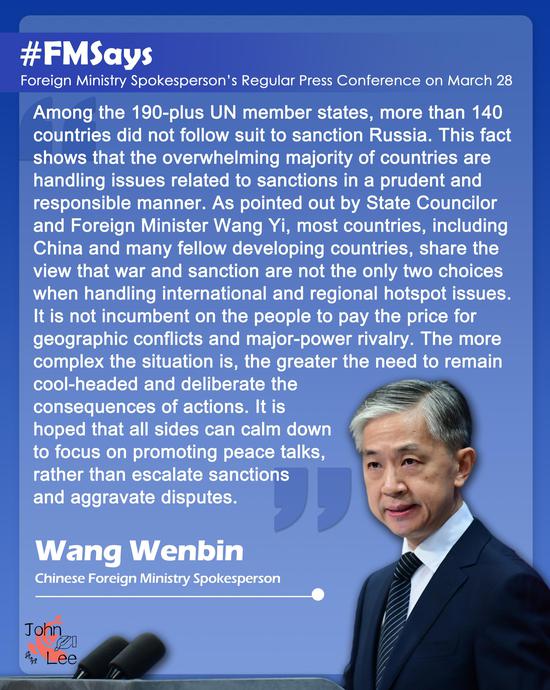




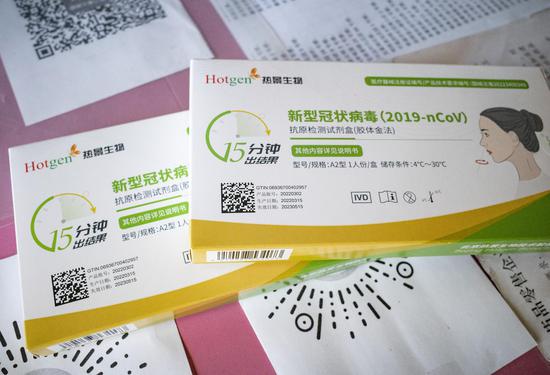








 京公网安备 11010202009201号
京公网安备 11010202009201号